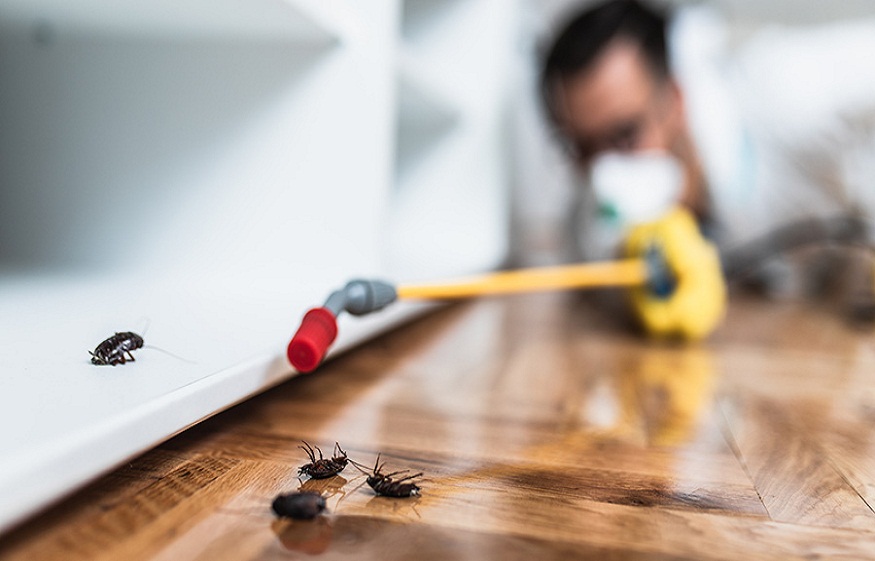Pests in your personal space can become a nightmare fast. Whether you have ants on your kitchen countertop or mice leaving droppings in your pantry, these unwelcome visitors pose health and property risks. So many homeowners waste hundreds of dollars on pest control treatments that could have been avoided by some easy daily habits.
The relationship between cleaning your surroundings and the fight against pests may be more interdependent than many realize. Daily cleaning regimens remove the food, water, and shelter that insect and rodent pests need to survive. Nearly 85% of homeowners had a pest problem in their home, however, a large number of these problems are caused by easily avoidable circumstances.
Although regular cleaning will go a long way in managing these pests, you may have to use professional pest control services to attack the source of the problem and deal with future infestations.
Knowing which chores exactly have the greatest impact can help you focus your efforts on what matters most. The proper cleaning regimen does more than maintain a healthful home and some serious savings on costly pest treatments. Read more to know how!
Which Household Chores Help Prevent Pests And How?
1. Bathroom Cleaning Controls Moisture-Loving Pests
Pests that love moisture have a great time in bathrooms. Silverfish, drain flies observe and a few ant breeds like to hang out in a moist environment. Cleaning sinks, tubs and toilets regularly scoops soap scum and organic debris these pests feed.
Waiting for leaks to repair can cause water to build up, attracting pests and causing further damage. Effectively ventilating with exhaust fans will lower humidity, which insects like. Additionally, drain flies tend to hatch in hair and debris that get caught in drains, and weekly deep cleaning of drains to remove this buildup should be part of a preventative pest management program.
2. Kitchen Cleaning Prevents Food-Related Pests
Ants, roaches, and flies head for the crumbs, grease, and spills that collect on surfaces. Daily wiping of counters, stovetop, and dining tables takes away these attractants before pests locate them.
Good dishwashing is also an important factor. Dirty dishes in the sink overnight make an easy supper for insects. Even crumbs that are left over on a plate or bowl can feed a population of pests. Regular use of the dishwasher or immediate hand-washing of dishes after eating also removes this food.
Sweeping and mopping floors, picking up fallen crumbs and sticky spills, you forget about. Pet food areas will need even more attention since kibble and water dishes attract both insects and rodents. Storing pet food in sealed containers and washing the feeding area every day deters pests.
3. Regular Trash Management Eliminates Breeding Grounds
Bins with open lids full of trash offer food, moisture, and a place to breed for flies, ant,s and cockroaches. Reducing the likelihood that a garbage bag will overflow by taking it out before it fills and using tight-fitting lids can also keep pests away.
The fermentation of kitchen garbage and trash needs daily observation, especially through the warm months, when the process of decay is rapid. Rinsing food packaging before throwing it away and cleaning trash bags discourages sticky remnants from building up inside the containers. Consistently cleaning the garbage cans themselves removes odors and bacteria that attract pests, even after you’ve emptied the garbage.
Take Control of Your Home’s Pest Prevention
Regular chores around the home keep the environment naturally pest-free. Keeping your home clean eliminates the food, water, and shelter that attract pests. These easy daily and weekly routines have been shown to be more affordable than addressing pest issues after they are present.
If you have not found success with preventative measures alone, call a licensed pest control professional. They can recognize an individual pest by species, pinpoint entry points you may have missed, and develop targeted treatment strategies. Pest Control Services will enhance your own house cleaning efforts and help you eradicate and control your pest problems.

